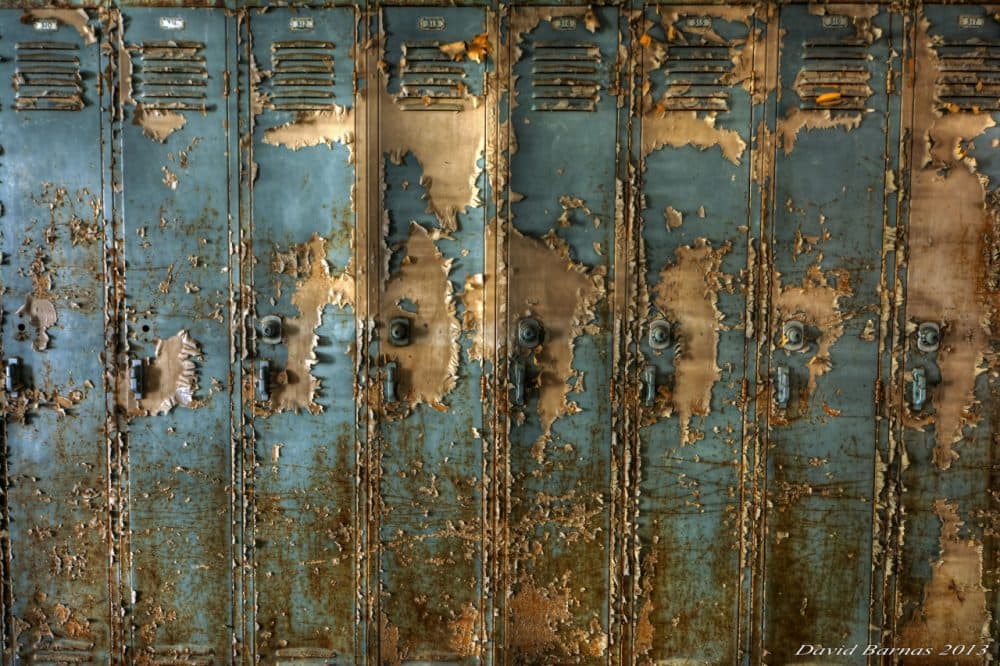Advertisement
New Documentary Asks, 'Why Do We Educate Our Kids?'
Resume
Any discussion about education reform can sometimes feel frustrating and repetitive. And, because these conversations can get repetitive, it feels as if we haven't made much progress in really defining what education should be for the 21st century.
Part of the problem is that everyone has a favorite villain in this fight. Some people say charter schools are the problem! Or, teachers unions are the villain! Or, it's standardized tests and the Common Core! Or, it's lack of money, parents who don't care, billionaires who care too much, lazy students, globalization, rising China, college tuition costs, etc.
But, if fingers are being pointed in every direction when it comes to education reform, maybe there's something fundamentally wrong with the entire system itself. Maybe we ought to completely rethink why we educate our kids in the first place.
That audacious idea is where the new documentary "Most Likely to Succeed" begins.
Guest
Ted Dintersmith, executive producer of "Most Likely to Succeed." He tweets @dintersmith.
Jesse Solomon, executive director of the Boston Plan for Excellence. He tweets @jgsolomon.
More
The Boston Globe: Overturning The Old Model Of Education
- "Schools today are based on an education model dating back, somewhat incredibly, to 1893. Late in the 19th century, the far-sighted 'Committee of Ten' anticipated the profound shift in our economy from agriculture to manufacturing. They stepped up to transform education in our country from one-room schoolhouses to our current factory model."
This segment aired on October 8, 2015.